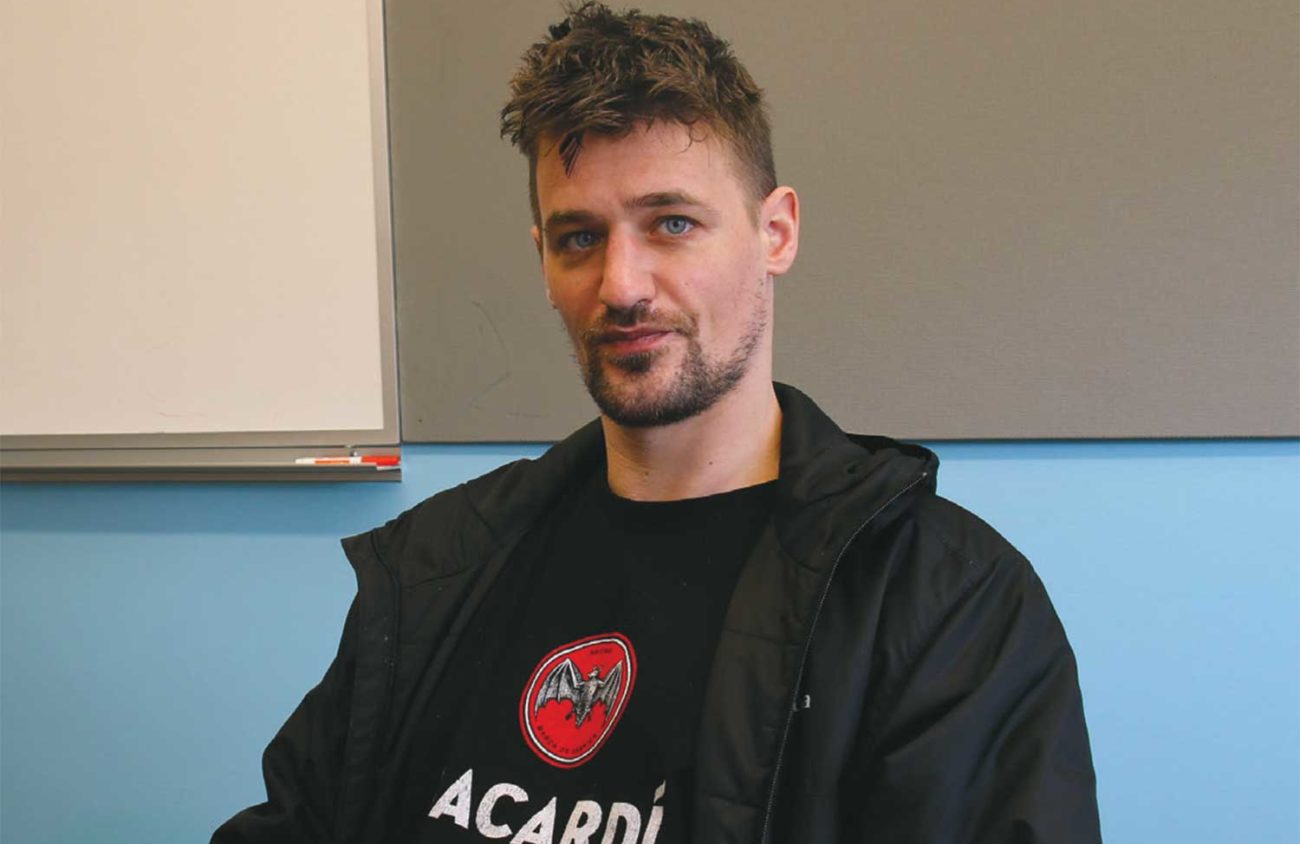“Having a program that seeks you out is so important because when you’re out there on the streets, there’s nothing – there’s no hope,” says ShelterCare Birch program participant Loren. “You don’t see people getting off the street, you just see more people getting added, so having someone seek you out really means a lot — it changes your outlook on hopelessness. Even though you can get that low, there’s someone who will find you.”
ShelterCare’s Birch program is a transitional shelter and case management program working to help divert people with serious mental health needs from jails and psychiatric hospitals and enable them to stabilize in the community. Birch clients have been found unable to aid and assist in their own legal defense and are referred to ShelterCare by the courts and Lane County Behavioral Health.
Most Birch participants were unhoused prior to their stay in the Oregon State Hospital or jail. ShelterCare operates three Birch homes within the Eugene metro. They house nine people, with pending court charges, at a time. Staff have offices within the homes and offer onsite support groups such as art and mindfulness. The Birch program has served 21 individuals in the last year.
Participation in the Birch program immensely decreases the individual’s utilization of local emergency services. Loren explains how Birch helped him remain out of jail, “I worked my entire life and when I wasn’t working, I was on drugs, then I would jump right back into being employed, so I think it’s really special to be given a period of your life when you’re able to just reflect on where you’re at and what you’re doing…
they are there to hear you and help you with personal forgiveness no matter what you’re doing. You really are slotted for success immediately.”
ShelterCare believes in the Housing First model, meaning that people must first become housed, then they are able to work on other personal goals without being in survival mode. “Before entering the (Birch) program, they put me in a soft release. Someone comes and meets you upon exiting jail and gives you a tent, sleeping bag, and cell phone. That happened two times, then the third time I was exiting jail, I met Josh, Brittany, and Risa. They took me right from jail into housing,” explains Loren. “I think a really good thing is that it’s not meant to force you into anything, but they are there to support you for as long as you need just to regain your sanity, and I think that’s really important in people’s lives like mine.”
Loren is a life-long Eugene native and musician. He reminisces on his time before becoming unhoused, saying “I used to make a lot of music! We made a bunch of albums and played a bunch of shows — hundreds of shows around town and we got to tour!”
He explains how drugs were the root of his homelessness, “Then I fell off the rocker and into drugs. I was homeless for about 2 years. I was trying to make it out there, but everything collapsed. It was scary because people stopped being hospitable. I ran out of people to beg for money from. I did some heroin and got locked up.”
Loren says the support that the Birch program provided changed his life, “I went from having completely nothing and being a shot of heroin away from going to jail to having everything back.”
Now that Loren is in his own independent housing, works full time, and is clean and sober, he is thinking about what he wants for his future. “I’m starting to feel the age and the need for responsibility and to really start thinking about what I’m going to do with the rest of my life. What do I want to grow old doing? Where do I want to grow old? How am I going to pay for these things?” he ponders, “My goal is to get to a place where I’m really secure and proud of myself.”
Loren already has a lot to be proud of, “I give myself less credit than I deserve – I did really well and I’m impressed with myself.” In addition to remaining self-sufficient, Loren’s goals are around building connections “my goals are mostly around finding quality friendships – people who are supportive of me, understand what I’ve been through, and still stick around,” he says.
He was really excited to share about his new pet, “I’m going to get a kitten today, I’m super excited!” The kitten’s name is Moses.
Agents for Change is Sponsored by:

Here to Help Housing provides real estate agent referrals custom-matched to each client’s needs and values. Referral fees are used to develop affordable housing with 10% of all proceeds donated to charities helping the homeless population.
